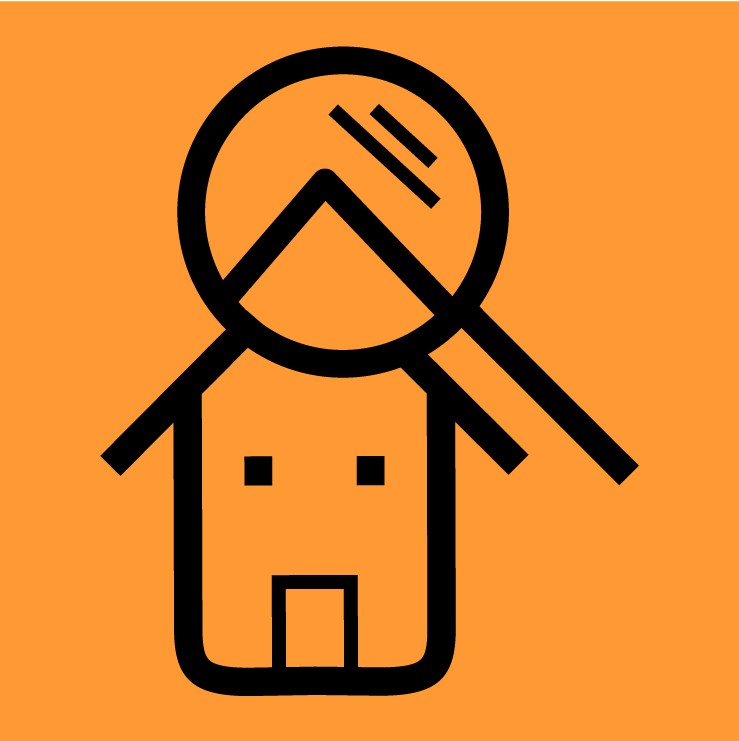We use first and third-party cookies for analytical and statistical purposes and to show you personalised advertisements based on a profile compiled from your browsing habits (e.g. pages visited). For more information, click on our Cookie Policy. You can accept all cookies by pressing 'Accept', you can reject all cookies by pressing 'Reject', or you can customize your choice by pressing 'Manage'.
Know how to buy a house
All the steps to your new home
Buying a home is one of the most important steps you will take in life. The process involves high levels of hope, a lot of money, a lot of years, a lot to choose from and, of course, a lot of doubts. The process is not complicated, but it is full of little moments and details that you need to know.
- We will explain the steps involved in each scenario.
- We will answer any questions about how to arrange a mortgage.
- You can start doing numbers, calculating scenarios and assessing your options.
Do the maths with our mortgage simulator for:
Find your home
Search thoroughly, picture yourself in the house and negotiate. And when you've found The One, don't let it get away.

How much can I afford and where do I look
- Based on your savings and income, create a realistic budget to buy your home and find out if it will be easy to get a loan for the rest. The calculators will help you a lot.
- Think about which neighbourhoods you like, have everything you need and are affordable.
- Look at properties, properties and more properties, and have fun doing it! Be hopeful! (getting worked up over one you really like is a good sign).
This is the one! Is this the one?
- Grab a magnifying glass and check the general condition of the house and the building and find out about community expenses, taxes, etc.
- You chose a house! Now it is important to check that everything is in order. Ask for the up-to-date nota simple (non-certified extract) at the Land Registry.
- Take your time to think about it (but not too much), go over the numbers again and if you are totally sure, go in with a counteroffer!
Time to shake hands and sign the deposit contract
- You'll have to negotiate. It's a tricky business, and you will have to be aware of how much you leeway you have.
- They said yes! Once you've reached an agreement you'll have to draw up a deposit contract. Be careful, because from now on you are assuming a commitment and therefore a risk, if you back down.
- Now it's time to go to the bank and choose the right mortgage. You're well on your way!
Find your mortgage
Doing the numbers, reviewing the numbers, arranging the paperwork, signing the contracts, getting the keys, and hey presto!

Talk to the bank and to your calculator
- Time to talk to the bank, and to ask lots of questions. You need to make sure you are clear on everything: types of mortgages, fees, amortisation period, expenses...
- Do the numbers over and over again. Make sure you know how much money you have and how much you'll need. Take expenses and taxes into account and be realistic.
- Look in the mirror. It is a crucial moment, deciding which type of mortgage is the one for you: fixed, variable or mixed-rate. And don't forget to smile, these are exciting times.
Paperwork, the appraisal, and more paperwork
- Make sure you take your personal documents that the bank will ask for when you apply for the mortgage: identity document, tax returns, payslips, etc.
- It is time for the home appraisal. This will determine the final mortgage amount because the percentage will be applied to whichever is lower: the appraisal or the sale price.
- While you wait for the bank's answer, and since you're definitely going to need contents insurance, take the time to shop around for other insurance policies: multi-risk, mortgage payment protection, etc.
Mortgage granted. And that's it!
- Mortgage granted! It's time to sort out the paperwork with the agency to make everything official.
- Then it's a trip to the notary to sign the sale and mortgage and finally you'll have your home. Congratulations!
- The house is already yours but there are still a few ends to tie up. You'll need to pay taxes, register the property in the land registry, pay other expenses or set up the utilities.
